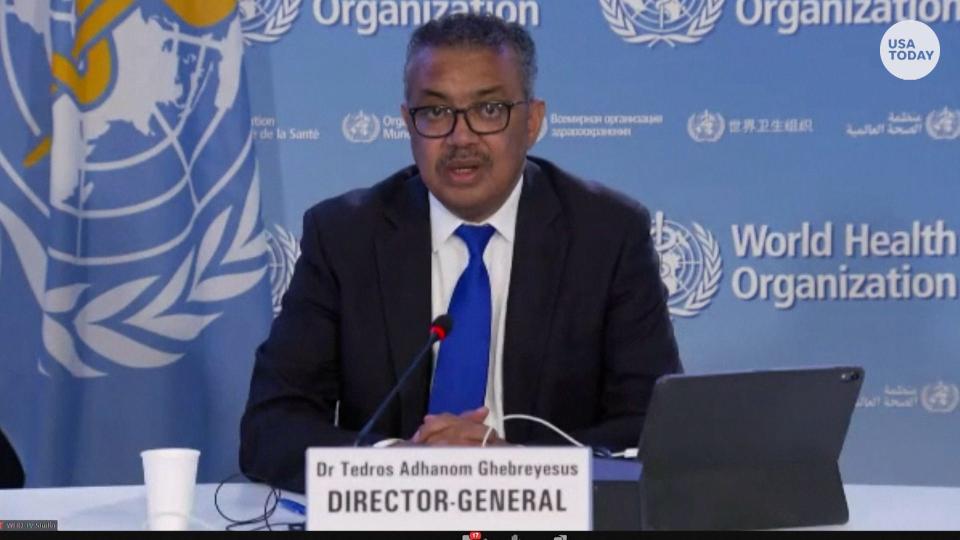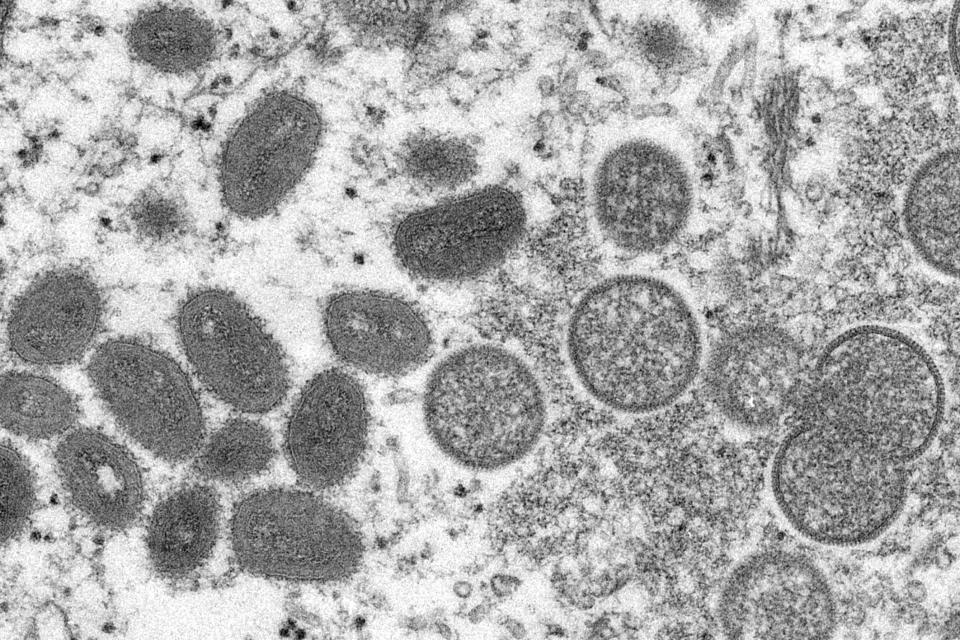Monkeypox: It's not a matter of whether it will spread widely. We need to focus on when.
The Biden Administration on Thursday declared Monkeypox a public health emergency. That comes as monkeypox continues to spread across the globe and in America and experts warn that the country is not prepared to respond.
The Center for Disease Control and Prevention shows that we are past 6,600 cases in the U.Sand that just about every state is dealing with the virus. The World Health Organization declared monkeypox a global emergency in late July.
USA TODAY Opinion has posted several columns on the topic that includes experts warning about what happens next and offering advice on how we need to respond. What can we learn from our response to HIV and COVID-19? Will monkeypox spread more widely across the country?
These columns addressed those questions as the virus started to take hold.
It's almost time for back to school. It's time for you to talk about monkeypox.
Dr. Jerome Adams, a former U.S. surgeon general, took a look at what the monkeypox emergency could mean for students going back to school.
Summer is winding down and, if your family is like mine, there’s an increasing focus on preparing to go back to school. Unfortunately, this year that also means preparing to deal with the looming threat of monkeypox. Public health emergencies for monkeypox have been declared globally, nationally and, in some states, outbreak numbers are doubling about every week.
Monkeypox now a 'global emergency.' US needs to step up.
Adams returned with a USA TODAY Opinion to talk about monkeypox being named a global emergency by the WHO and how America has responded.

"Right now we do not have the capacity to properly treat and vaccinate people for monkeypox. And, it's an important distinction here for monkeypox: You can vaccinate people who are at risk before they're exposed, but you can also use vaccines as post-exposure prophylaxis – which is why it's important that people who are at risk know that if you've been exposed and if you are early in the symptomatology, you can actually get vaccinated at that point, and that can prevent progression of the disease. But we don't have enough vaccines available in this country."
Treating HIV taught us about inclusive care
Dr. Marc Siegel wrote a second column for us as monkeypox cases in America went past 2,000. This column examined the response to HIV and how different the monkeypox response needs to be.
"Back in 1985, as a reliable blood test for HIV was first becoming available, I plunged headlong into medical residency at Bellevue Hospital in New York. Half of my patients had AIDS, and the challenge quickly became managing opportunistic infections with multi-organ involvement.

"Stigmatization of men who have sex with men and intravenous drug users was more of a political than medical issue. It didn’t reach into the hospital trenches, as we learned to treat diseases and show compassion for the patients who have them. The diagnostic test for HIV helped us enormously in those days, though it took another decade before we had truly effective treatments – and we still don't have a vaccine.
"Now we are facing another growing outbreak largely impacting men who have sex with men. This time we have tests, treatments and vaccines, though not enough of them."
We must avoid past mistakes to protect LGBTQ people
In early July, we posted a column from Zain Rizvi, a research director in the Access to Medicines Program at Public Citizen, and Gregg Gonsalves, an associate professor of epidemiology at the Yale School of Public Health. Their focus was on stopping the spread by protecting the LGBTQ community.

"More than 7,200 cases of monkeypox have been reported this year in dozens of countries, including over 600 cases in the United States, largely but not exclusively in men who have sex with men. While it is not as contagious as COVID-19, monkeypox could easily gain a foothold in communities now suffering from the latest spread of the disease.
"If we do not contain this outbreak, the risk of the persistence of monkeypox among gay, bisexual and transgender people is likely. That is, it will dig its roots into these communities, making this a disease LGBTQ communities will have to live with for a long time."
Is the US prepared to handle the monkeypox threat?
Dr. Siegel wrote a column in May as the virus was approaching 100 cases. He focused on COVID-19 testing lessons that can be applied now.
"What we can learn from COVID’s PCR and rapid testing delays is the great importance of decentralized, widely available testing. Public health requires an accurate assessment of the number of cases, the ease of spread and the severity of illness before we can accurately identify and fight any infectious disease.
"We have a PCR test now to identify monkeypox; it needs to be made widely available without delay."
You can read diverse opinions from our Board of Contributors and other writers on the Opinion front page, on Twitter @usatodayopinion and in our daily Opinion newsletter. To respond to a column, submit a comment to letters@usatoday.com.
This article originally appeared on USA TODAY: Monkeypox public health emergency: Are we controlling the outbreak?

